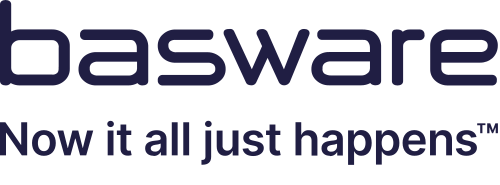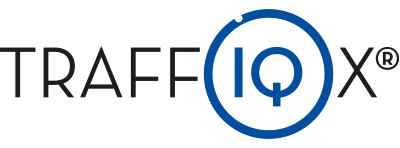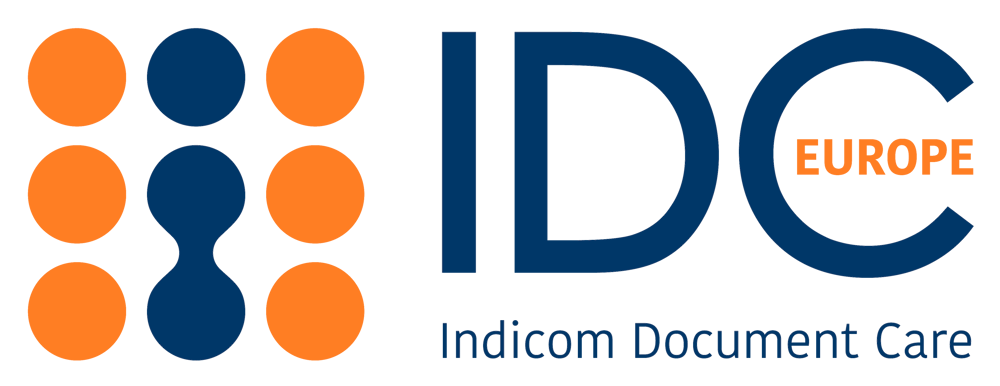The debate focussed on other, more politically prominent aspects of the law; the concluding vote resulted in adoption. As reported previously, the Act includes in its Article 20 (Modification to the Law on Value-Added Tax) a mandate to use electronic invoicing between domestic private businesses. The staged approach starts from 1.1.2025 with the full scope of the mandate entering into effect on 1.1.2028.
The approval follows intense political debate about how to best support and position the German economy for growth in the current business climate and beyond. Specifically, the B2B mandate for e-Invoicing has actually been on the horizon ever since the introduction of the public e-Invoicing requirements in late 2020. Its introduction now aims to provide a boost to the economy as well as paving the way towards harmonized European regulations surrounding electronic VAT declaration planned in the “VAT in the Digital Age” (ViDA) initiative.
In the same session, the Bundesrat also considered an amendment of the Online Access Act (Onlinezugangsgesetz). The proposal aims at improving the use of digital identification technologies including the Electronic ID (eID) for both citizens as natural persons as well as economic actors in the private sector. At first glance unrelated in content, it may turn out quite interesting to see how improved digital identity management may give yet another push for digitalization also in daily commercial activities including invoicing.








